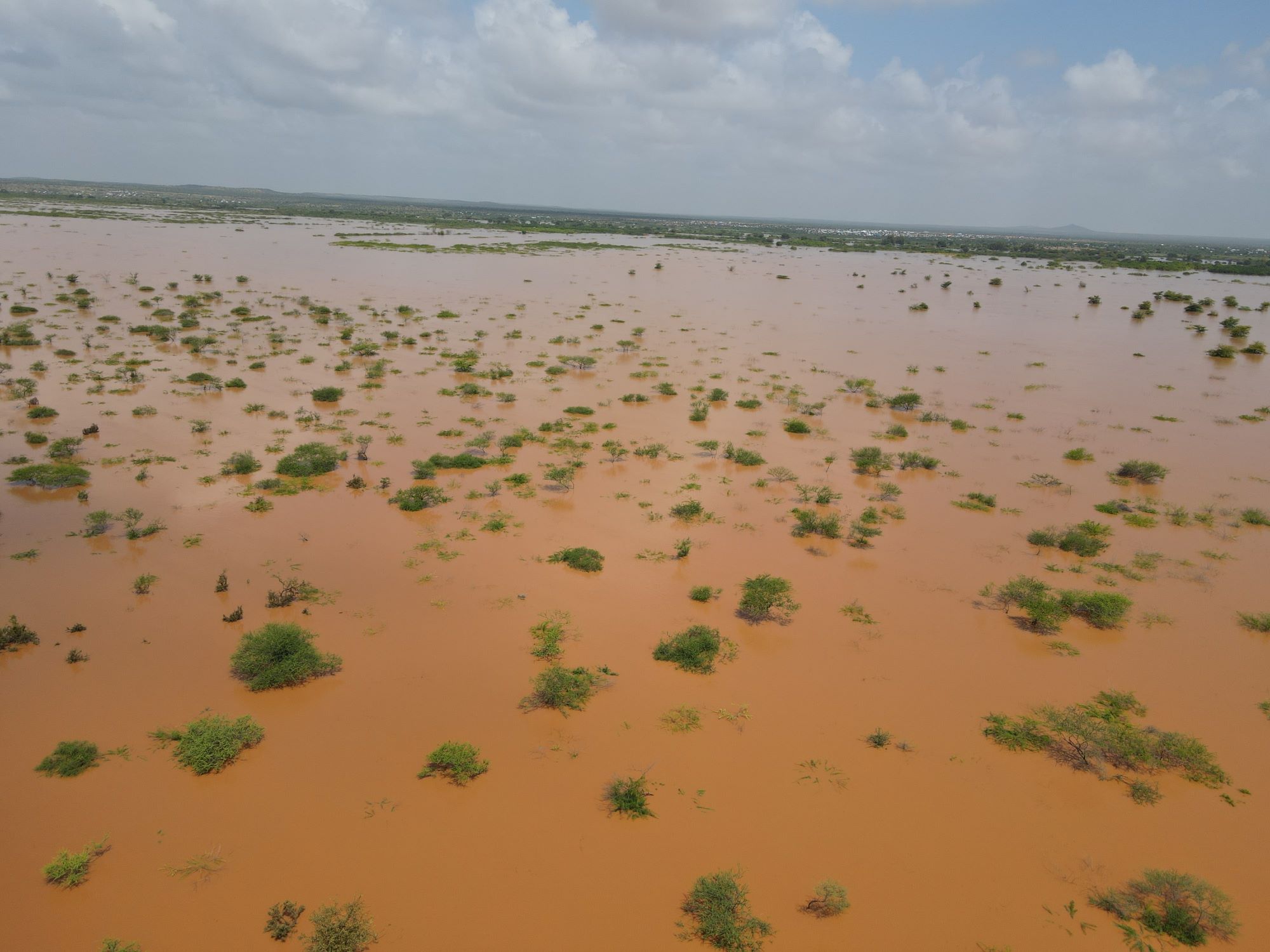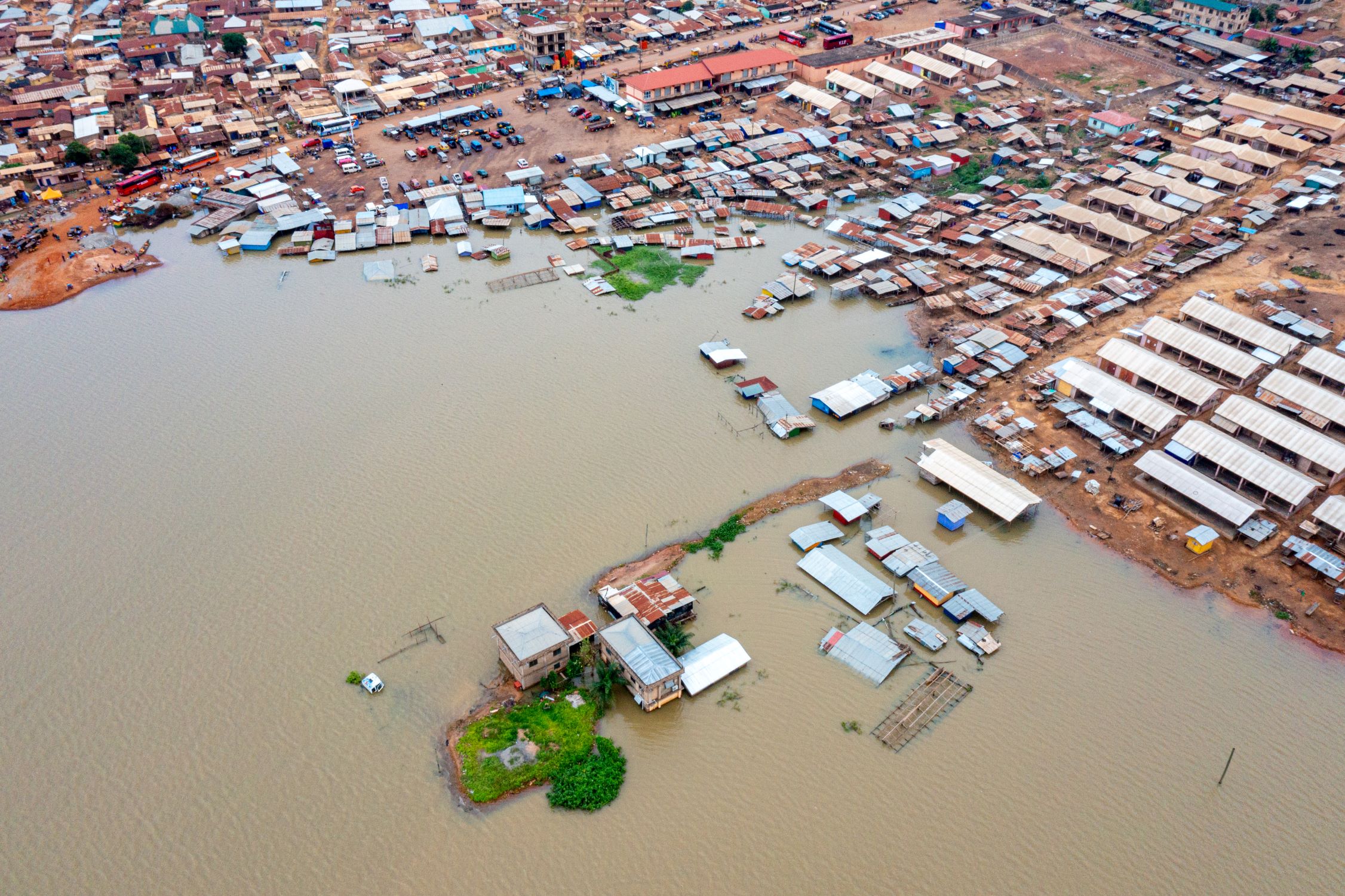Sudan’s looming generational catastrophe: Children’s future at risk
Press Release, 11 April 2024 – In Sudan an estimated 19 million children are unable to attend school, nearly 4 million are malnourished and thousands more are enduring unspeakable horrors, including sexual violence, ethnic persecution, and abduction. With children also facing forced recruitment into armed groups, and the terror inflicted by armed individuals, Sudan is probably the worst place in the world to be a child warns international aid agency World Vision.
As the conflict reaches its one-year milestone, World Vision stands in solidarity with the millions of children and women suffering the consequences of the ongoing crisis. According to the UN Committee on the Rights of the Child, some 24 million children in Sudan are at risk of generational catastrophe*.
John Makoni, National Director of World Vision Sudan, said “Sudan is currently quite possibly the worst place in the world for a child to live, due to the huge numbers of boys and girls affected by the conflict, but also because of the full range of physical and emotional challenges they face. Children are literally being starved, abused, and traumatized by what they are experiencing and witnessing.”
In only one year, the ongoing conflict in Sudan has forcibly displaced nearly 9 million people, making it the largest displacement crisis in the world. Women and girls represent 50% of the displaced population, with 51% being children. In Chad, the figures are even more alarming, with 58% of displaced individuals being women and girls, and 64% being children.
According to the latest Integrated Food Security Phase Classification (IPC) report, 17.7 million people across Sudan are now acutely food insecure, including 4.9 million who are in emergency levels of acute food insecurity. Around 18.9 million individuals (38 per cent of the population) are estimated to require some form of WASH assistance.
“Our hearts and prayers are with the children and their families in Sudan, whose lives have been shattered by 12 months of relentless pain, violence, and unimaginable suffering. They are bearing the heaviest burden. In this critical moment and, there is no time to waste. Historically, children are the least visible and yet the most impacted victims in armed conflicts. And that is unfortunately what we’re witnessing now in Sudan. Global leaders need to act now and prioritise the safety, security, and well-being of all civilians, especially children." said David Westwood, Director of Policy & Programmes, World Vision UK.
World Vision is working tirelessly in Sudan to alleviate the suffering of Sudanese children. Through projects like 'One Space', where children can play, draw and learn, more than 100 girls and boys find refuge daily. Mariam, 14, dreams of becoming an engineer to help construct schools and hospitals in her community, showcasing the resilience and hope of Sudanese youth.
World Vision is urgently calling for:
- Ensuring cross-border access from South Sudan and Chad to reach people in need.
- Funding for humanitarian assistance for the thousands of internally displaced to be mobilized and made available as a matter of urgency by the international community or government. As of April 2024, only 5.4% of the US$2.6 billion 2024 Humanitarian Response Plan has been funded.
- A commitment from all sides to reopen schools to help protect children from violence and prevent the generational harm done to children who lack education.
- Concerted national and international condemnation of the traumatizing horrors children are being subjected to Sudan.
ENDS
For more information, please contact: Karla Harvey at karla.harvey@worldvision.org.uk or phone +44 7889 631613.
Notes to editor:
World Vision is a Christian humanitarian and development organisation dedicated to working with children, families and their communities to reach their full potential by tackling the root causes of poverty and injustice. World Vision and their partners are working in communities to improve families’ economic prospects, strength violence prevention and child protection services, and improve education systems.
World Vision serves all people, regardless of religion, race, ethnicity or gender.




